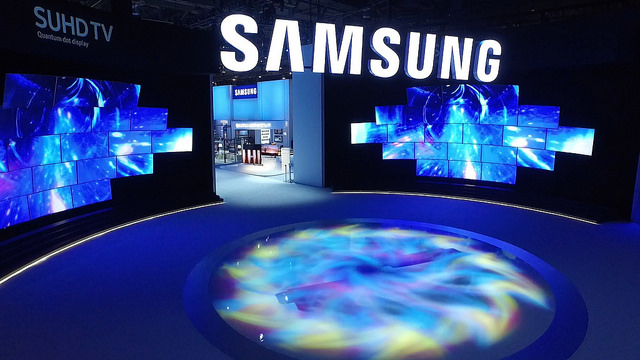Samsung has acquired Canada-based RCS infrastructure and services provider NewNet Communication Technologies for an undisclosed fee.
The deal marks out Samsung’s commitment to Rich Communications Services (RCS), it said, as mobile networks continue their transition to IP-based networks and services.
Samsung said its purchase of NewNet, formerly NewPace, would enable it to offer interoperable server solutions for mobile operators that do not already have their own RCS infrastructure.
Customers benefit from familiar OTT messaging features such as enhanced calling, group chat, and the ability to easily share and transfer large files including multimedia and high-resolution photos, it said. Unlike other messaging services, they will also be able to communicate on any network, with an RCS-enabled device as well as SMS-only devices.
“As an end-to-end GSMA-compliant RCS solution, it will accelerate the deployment of RCS-enabled networks, providing consumers with a ubiquitous standards-based messaging and communications platform,” it said in a statement.
Samsung will retain the existing NewNet management team, led by Brent Newsome and Gavin Murphy.
RCS technology, devised by the GSMA as a platform to lead the cellular fight back against OTT messaging services like Facebook and WhatsApp, was given a shot in the arm at the end of last year when Google picked up IP messaging provider Jibe Mobile.
At Mobile World Congress in February, the likes of Deutsche Telekom, Orange and Vodafone joined with Google to develop an interoperable RCS-based messaging service across all Android devices.
Research house ABI said in April the growing adoption of IP multimedia subsystem networks and voice over LTE would increase the technology’s share of total messaging revenue from 32 percent this year to 72 percent in 2021, but warned the growth would not halt the overall decline of global messaging.


